Data Science And AI Course: Learn Top IT Skills Together
4.9 out of 5 based on 46654 votesLast updated on 20th Dec 2023 452K Views
- Bookmark

Master Data Science and AI in one comprehensive course. Acquire top IT skills for a successful career in cutting-edge technologies. Learn, apply, excel!
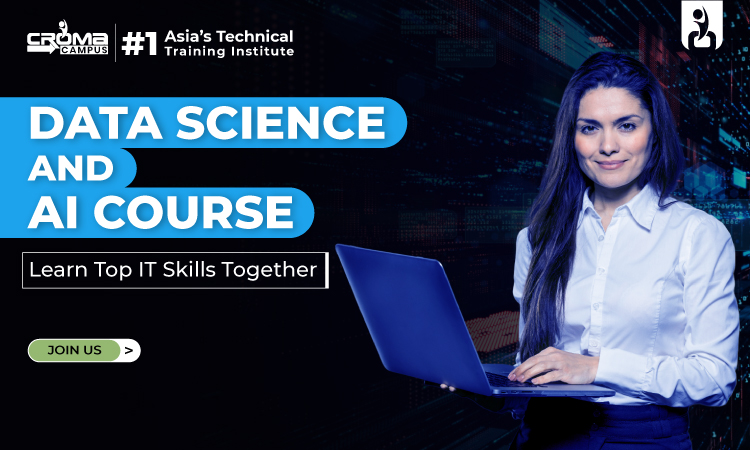
This blog explains top IT skills, Data Science and AI. Also, how an advanced certification course can help to get AI and Data Science skills.
Introduction:
Step into the cutting-edge intersection of Artificial Engineering and Data Science, where innovation knows no bounds. Our "Data Science and AI Course" is your gateway to mastering these twin pillars of technology, offering a dynamic boost to your career. Unleash the power of data science and artificial intelligence together, propelling yourself into a realm of limitless possibilities and career advancement. Join us on this transformative journey where expertise in both disciplines becomes your key to shaping the future of technology.
TOC:
- Introduction
- Data Science
- Artificial Engineering and Data Science
- Data Science and AI Course: Learn Top IT Skills Together
- Data Science Overview
- Pros and Cons of Data Science
- Artificial Intelligence Overview
- Pros and Cons of Artificial Intelligence
- How are they Similar?
- Data Science vs AI
- About Data Science and AI Course
- Eligibility for the Course
- Job Roles After the Course
- Conclusion
Data Science Overview:
In 1974, Peter Naur proposed "data science" as an alternative term for computer science. It is a subset of Artificial Intelligence, involving the collection and analysis of data to inform decision-making. Utilizing scientific methods, algorithms, and insights, data scientists work with both structured and unstructured data.
Note: Data Science and Data Analytics empower businesses with insights from data. Explore Data Analytics Courses Noida to master skills for predictive modeling, visualization, and decision-making.
Pros and Cons of Data Science:
Pros:
- Enables data-driven decision-making, boosting efficiency and profitability.
- Identifies patterns, trends, and anomalies, and optimizes processes.
- Applicable across diverse industries like healthcare, finance, and retail.
Cons:
- Requires a substantial amount of data for effectiveness.
- Data collection and cleaning can be time-consuming and costly.
- Faces a shortage of skilled Data Scientists, posing a talent acquisition challenge for businesses.
Artificial Intelligence Overview:
Originating at Dartmouth College in 1956, Artificial Intelligence (AI) bestows human-like intelligence upon machines, enabling them to think and act akin to humans. Capable of problem-solving at accelerated rates, AI encompasses areas like speech recognition and translation tools, with a focus on machine learning and deep learning to emulate human cognition.
Note: A Data Engineer designs, builds, and manages data pipelines for analytics and AI. Enrolling in a Data Engineer Course With Placement ensures hands-on experience and career opportunities in this high-demand field.
Pros and Cons of Artificial Intelligence:
Pros:
- Automates repetitive tasks, enhancing efficiency and reducing errors.
- Rapidly analyses large data sets, providing personalized recommendations.
- Holds transformative potential across industries like healthcare and finance.
Cons:
- Requires substantial data for model training, susceptible to biases.
- Raises ethical concerns regarding job displacement and privacy.
- Involves costly and time-consuming development processes.
Tips: Unlock the potential of Artificial Intelligence with our comprehensive Artificial Intelligence Online Training, designed to equip you with cutting-edge skills for future-ready careers.
How are they Similar?
- Interconnected Fields: AI and Data Science are tightly linked disciplines in the realm of technology.
- Shared Core Components: Both utilize machine learning and deep learning techniques to extract insights from data.
- Data-Driven Decision-Making: The primary goal of both AI and Data Science is to inform decisions through the analysis of large datasets.
- Efficiency and Automation: They work towards enhancing efficiency and automating processes through the application of advanced algorithms.
- AI as the Umbrella: While AI serves as the broader concept, Data Science operates within it, leveraging AI methodologies for data analysis and interpretation.
Data Science vs AI: Top of Form
|
S. No. |
Parameters |
Data Science |
Artificial Intelligence |
|
1. |
Basics |
Involves pre-processing, analysis,
visualization, and prediction. |
Implementation of predictive models
for forecasting future events. |
|
2. |
Goals |
Identifying concealed patterns in
data. |
Automating processes and granting
autonomy to data models. |
|
3. |
Types of Data |
Involves structured,
semi-structured, and unstructured data. |
Uses standardized data in the form
of vectors and embeddings. |
|
4. |
Scientific Processing |
A high degree of scientific
processing. |
High levels of complex processing. |
|
5. |
Tools Used |
Extensive tools for data analysis
and insight development. |
Limited tools compared to Data
Science. |
|
6. |
Build |
Constructs complex statistical
models about data. |
Emulates cognition and human
understanding. |
|
7. |
Technique Used |
Data analysis and analytics. |
Utilizes various machine learning
techniques. |
|
8. |
Use |
Makes use of graphical representation. |
Uses algorithms and network node
representation. |
|
9. |
Knowledge |
Focus on finding hidden patterns and
trends. |
Imparts autonomy to a data model. |
|
10. |
Examples of Tools |
R, Python, etc. |
TensorFlow, sci-kit-learn, Kaffee,
etc. |
|
11. |
Models |
Generates statistical insights for
decision-making. |
Creates models analogous to human
understanding. |
|
12. |
Data Science Looks For |
Patterns in data for
decision-making. |
Intelligence reports for
decision-making. |
|
13. |
Applications |
Advertising, marketing, healthcare,
etc. |
Robotics, automation, etc. |
|
14. |
When to Use? |
- Quick mathematical computation. -
Exploratory data analysis. - Predictive analytics. - Identify patterns and
trends. - Statistical knowledge. |
- Repetitive chores. - Risk
assessment. - Rapid decision-making. - Exactness. - Logical decision-making
without emotional bias. |
|
15. |
Examples |
Process optimization, customer
trends, and financial analysis. |
Robots, chatbots, online gaming,
voice assistants. |
About Data Science and AI Course:
Unlock expertise in Machine Learning & Artificial Intelligence through Croma Campus's advanced certification. Learn from industry experts, backed by 1:1 mentorship, in an intensive online boot camp. This course, focusing on Data Science, Machine Learning, Deep Learning, and AI, ensures mastery of both basic and advanced skills. Embark on a transformative learning journey with our Data Science Online Course, designed to empower you for success in the ever-evolving fields of Data Science and AI.
Relevant Online Courses:
Full Stack Data Science Course
Python Course for Data Science
Advanced Python Programming Course
Machine Learning Online Classes
Eligibility for the Course:
- Individuals holding a bachelor's degree with a strong interest in AI and Data Science.
- IT professionals seeking a career transition to become Data Scientists or Artificial Intelligence Engineers.
- Professionals looking to advance their careers in IT.
- Individuals with backgrounds in Artificial Intelligence and Business Intelligence.
- Developers and Project Managers.
- Freshers aiming to launch their careers in Artificial Intelligence and Data Science can benefit from a Data Science Certification Course.
Job Roles After the Course:
- Senior Data Scientist:
- Analyze issues and formulate models based on gathered data.
- Lead and oversee a team of data scientists.
- AI Expert:
- Develop strategies using frameworks and technologies to advance AI solutions.
- Contribute to the organization's overall success.
- Machine Learning Expert:
- Utilize various machine learning tools to construct statistical models from extensive business data.
- Applied Scientist:
- Design and implement machine learning models for intelligence across diverse services and products.
- Big Data Specialist:
- Develop and manage customizable, service-based frameworks for importing, cleansing, transforming, and validating data.
- Senior Business Analyst:
- Extract data from relevant sources for business analysis.
- Generate reports, dashboards, and metrics to monitor company performance.
You May Also Read:
Python Programming for Beginners
Python Interview Questions and Answers
Data Science Interview Questions and Answers
Artificial Intelligence and Machine Learning
Machine Learning and Deep Learning
Machine Learning Interview Questions
Final Thoughts:
In the dynamic world of technology, the synergies between Data Science and Artificial Intelligence are pivotal. This article explored the intersection of these fields, delving into the nuances of Data Science, AI, and their collective impact. From learning opportunities to job roles, the narrative provided a comprehensive overview. As we navigate the ever-evolving landscape of IT, embracing the convergence of Data Science and AI through a Data Science Course in Hyderabad opens doors to limitless possibilities.
Explore, learn, and thrive in the exciting space of Data Science and Artificial Intelligence with experts today!
Subscribe For Free Demo
Free Demo for Corporate & Online Trainings.
.webp)
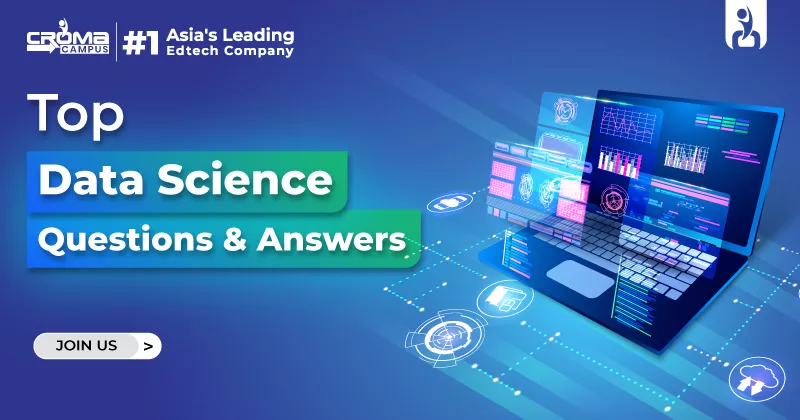
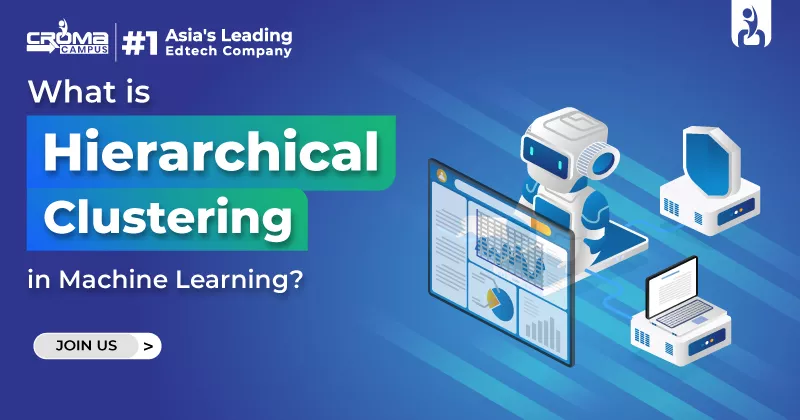
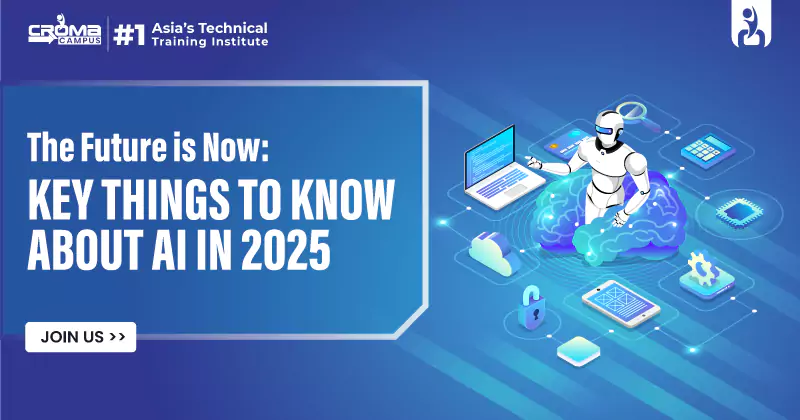
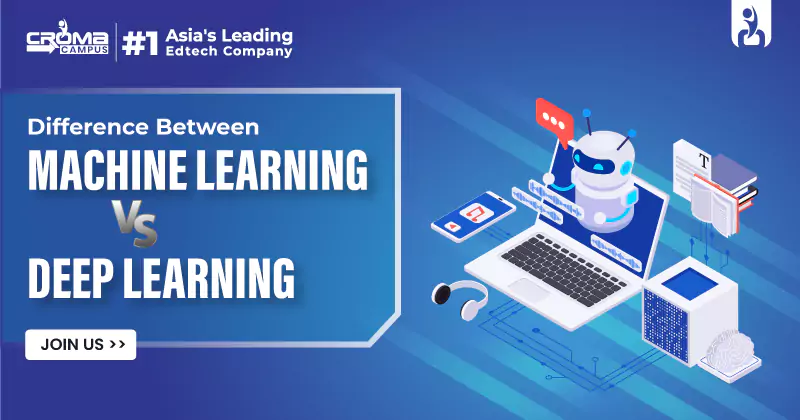
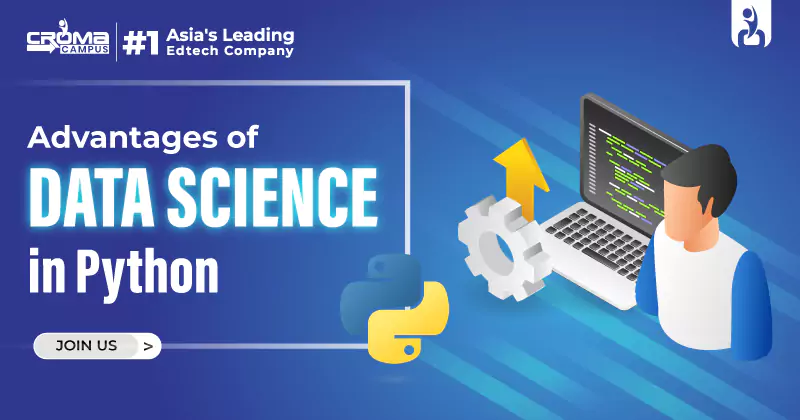
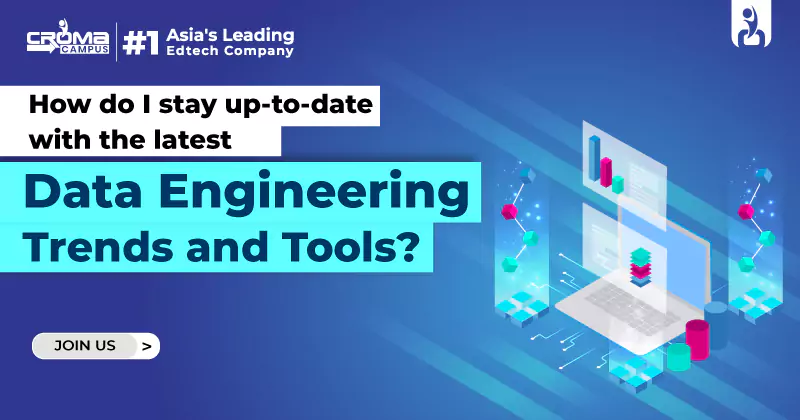
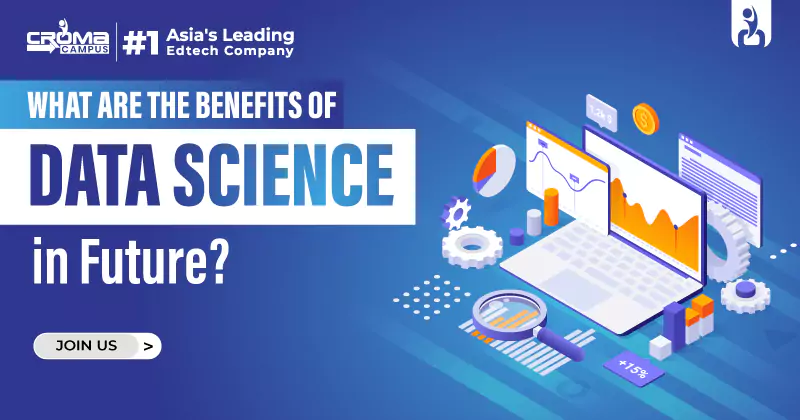
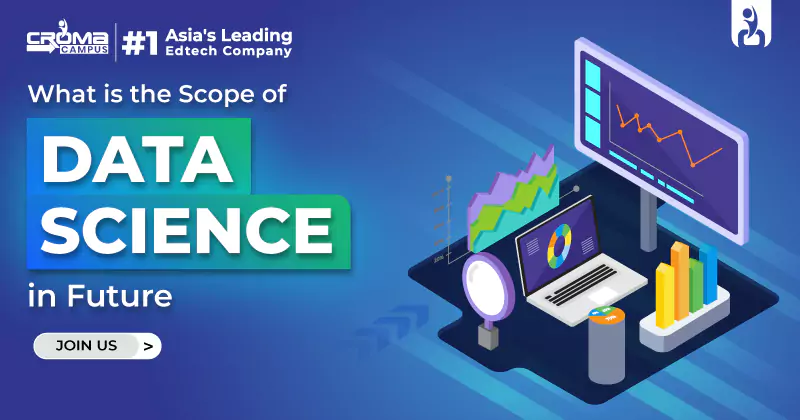

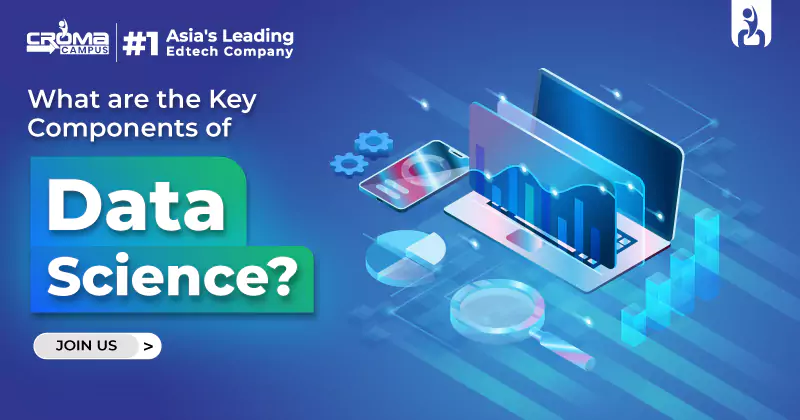
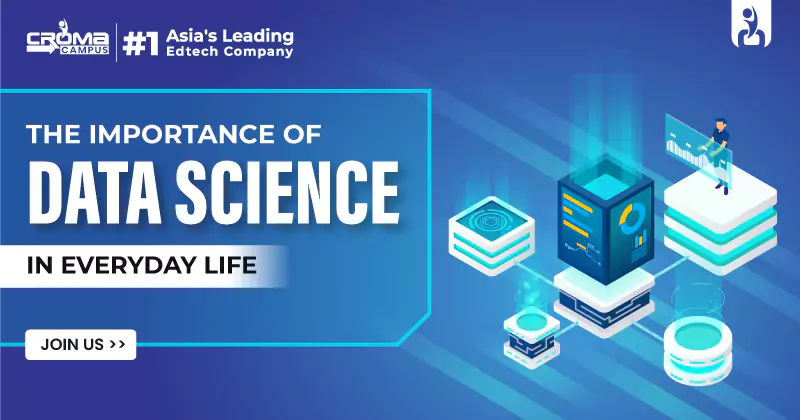













.webp)
.webp)

.png)















